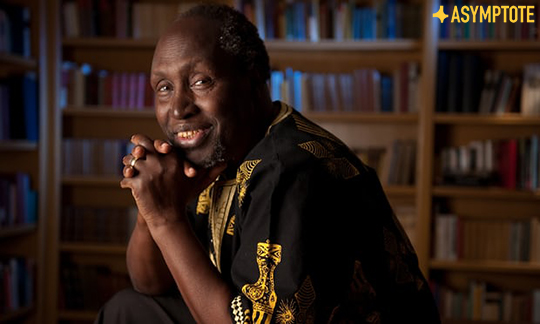This week brings notable translations of up-and-coming Guatemalan authors, an insightful conversation between two Nigerian writers, and the announcement of highly-regarded translation prizes in the UK. If you’ve been searching for exciting new writers and translators, look no further!
José García Escobar, Editor-at-Large for Guatemala, reporting from Guatemala
In early December, Ugly Duckling Presse (UDP) put out No Budu Please, a selection of poems by the Guatemalan and Garifuna author Wingston González, translated by the Puerto Rican poet Urayoán Noel. No Budu, which has been favorably reviewed by Columbia Journal, Verse, and PANK, marks the first time Wingston’s work has been published in the United States. Additionally, Wingston’s book place of comfort has been incorporated into artist Naufus Ramírez-Figueroa’s performance and installation Heart of the Scarecrow, which will be on exhibit through March 9 at Simon Fraser University in Vancouver, Canada.
Across the pond, independent publishing house Charco Press is bringing another Guatemalan author into the English language. Celebrated short story writer Rodrigo Fuentes published a collection called Trucha panza arriba in Guatemala in 2017. Since then, the book has been reissued in Bolivia by Editorial El Cuervo and in Colombia by Laguna Libros. Trucha was even longlisted for the Premio Hispanoamericano de Cuento Gabriel García Márquez. And as of February 7, thanks to researcher and translator Ellen Jones, Trucha is now available in English as Trout, Belly Up. You can read one of the stories from the collection in our Winter 2019 issue.




